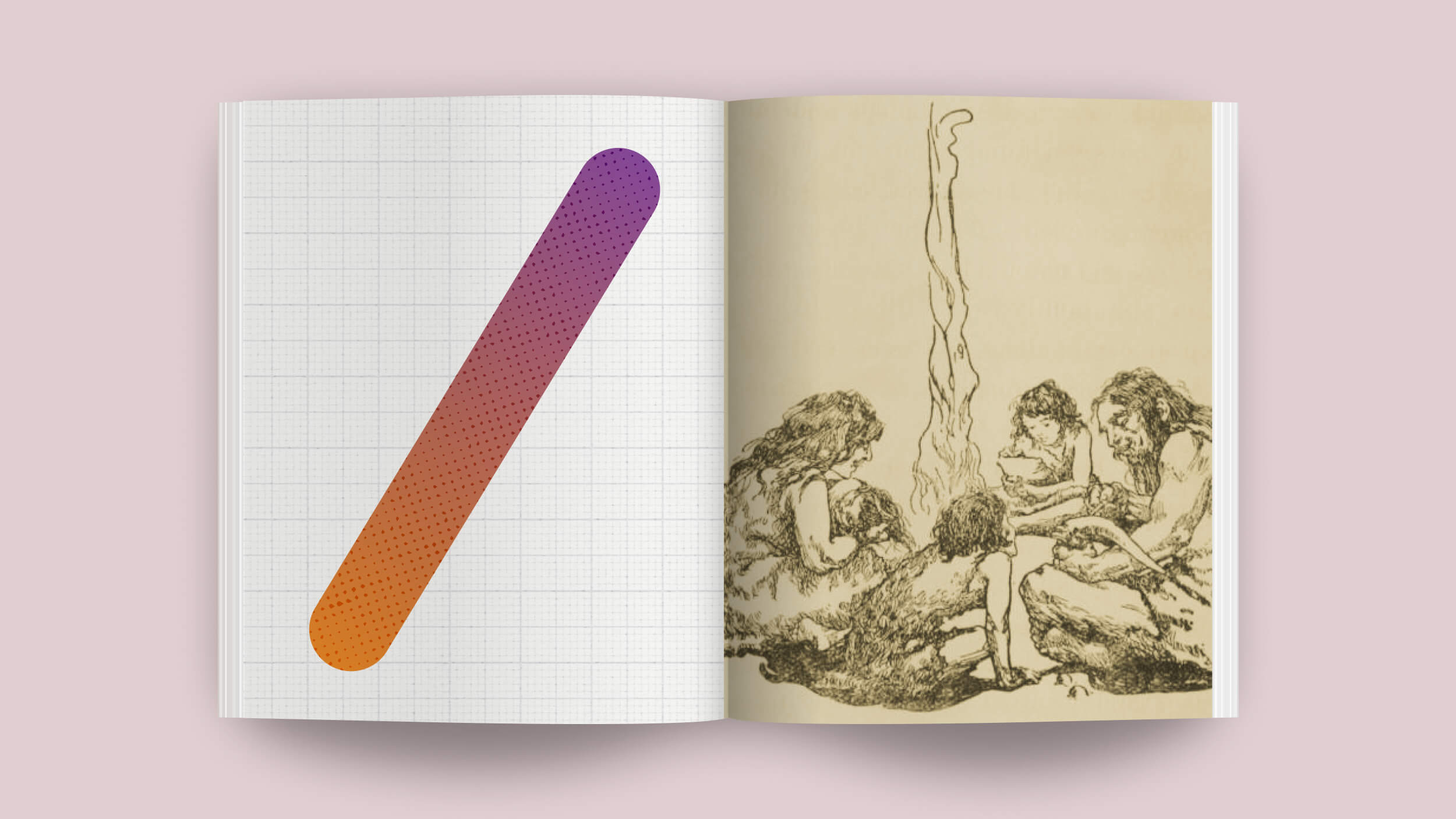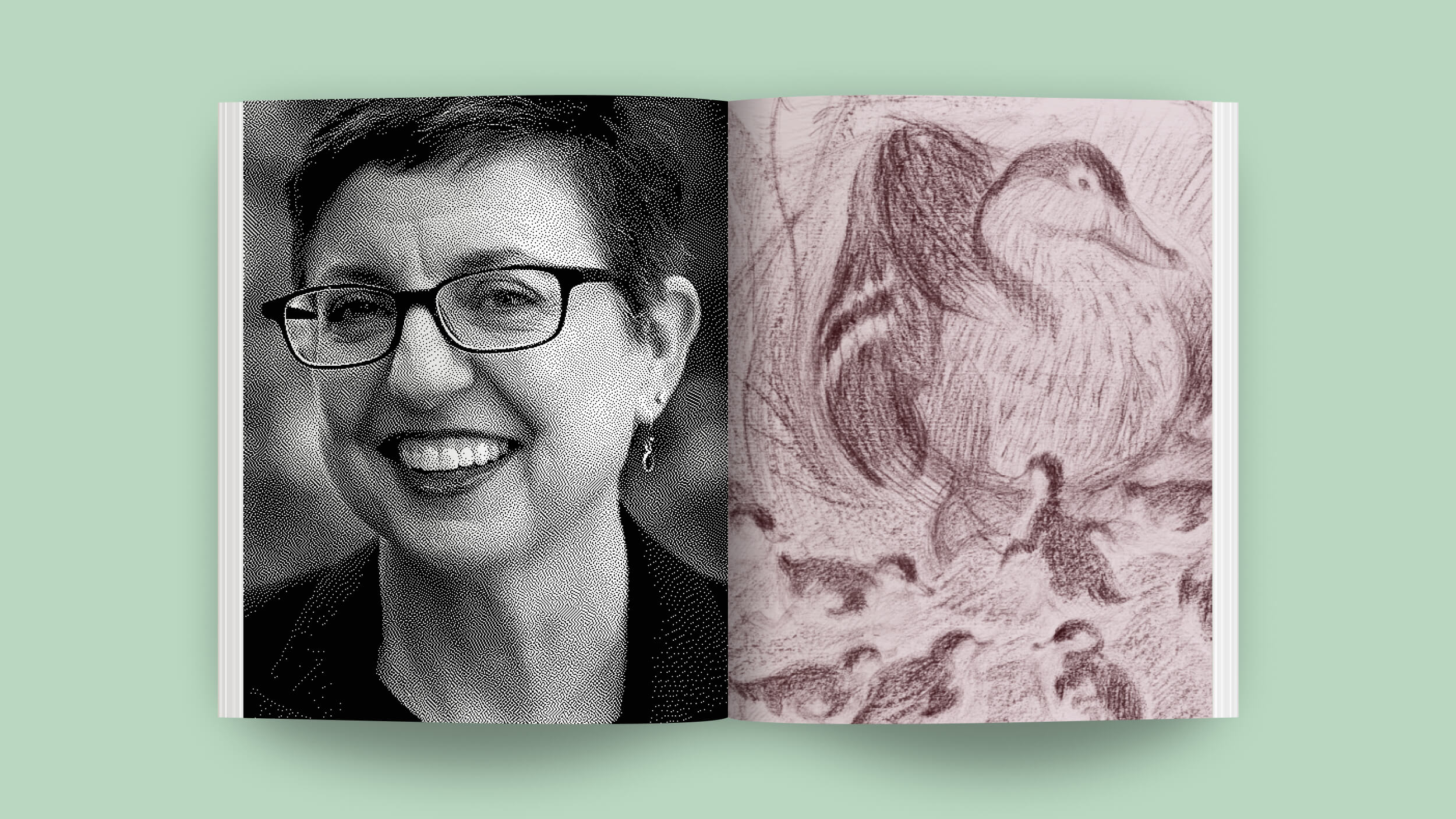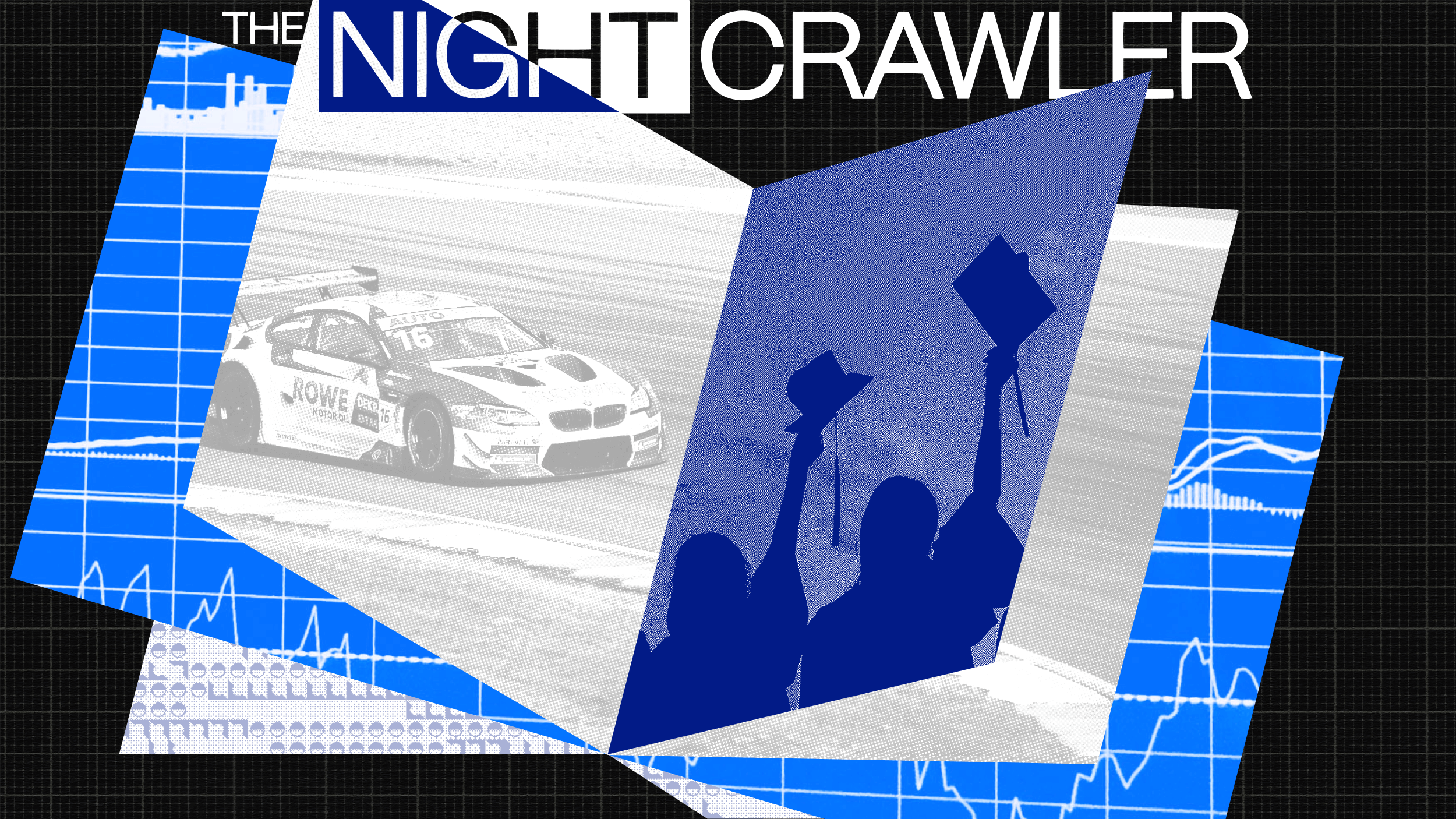In a candid exploration of the forces that drive creativity and success, Jesse Eisenberg delves into the paradoxes of the creative process and leadership.
With striking honesty, Eisenberg reveals how anxiety, self-doubt, and fear have been unlikely catalysts in his multifaceted career as an actor, writer, and director. Beyond the glare of Hollywood, he shares personal anecdotes that shed light on the complexities of navigating public perception, criticism, and the relentless pursuit of excellence.
Eisenberg’s journey is a testament to the transformative power of reframing vulnerability as a source of strength, offering profound insights into the art of leadership. Through a lens of empathy and humility, he challenges conventional notions of authority, showcasing how leading with a quiet confidence can inspire innovation and collaboration.
This dialogue invites a deeper understanding of how emotional intelligence and a willingness to embrace the unknown are pivotal in cultivating a culture of creativity and resilience in any field.
JESSE EISENBERG: When I think about like the kind of motivating factors for me, you know, it's effort and you know, talent and creativity and all that stuff. But I cannot underestimate how often I'm just driven by anxiety and fear.
CONAN O'BRIEN: You and I are both very self-hating.
EISENBERG: A lot of the things that motivate me are like kind of negative motivators, misery, self-consciousness, I would say self-hatred, and a lot of fear. I worry all the time that my last job is going to be the final one I'll ever have in my life. But you know, when I meet people in other fields who have kind of forged their own paths, they have the exact same story. And it just occurred to me that this is kind of what like great people are motivated by. They're amazing at their job, they're creative, they think outside the box, but they're also worried that the next time is not going to go well.
Once you're able to kind of reframe that anxiety as fuel, as motivation, as care, you worry less and are motivated more.
Hi, my name is Jesse Eisenberg. I'm known as an actor. I also write and direct and I forgot the other thing that I was supposed to say because I was... Sorry. Hi, I'm Jesse Eisenberg. I'm an actor, writer, and director. And the most recent thing I did was those three things on a movie called "A Real Pain."
Probably it's important to dispel the myth that actors are full of themselves and you know, they're in a movie so they must be so confident all the time. As an actor, I've had to cope with like kind of being a public person and all that entails because strangely, I often do kind of receive criticism in places that I never expected to receive it. Sometimes people say to me on the street, "Hey, man, I thought you were okay in that movie." And they say it as like almost an apology and it makes you feel even worse. You know, you care like anybody else who works on anything, how the thing is going to be received. And sometimes for an actor it's heightened that much more because it's being written about everywhere.
If you're somebody with the inclinations that I have towards self-doubt, towards self-criticism, what I have created was essentially kind of a bubble that allows me to work at my best. It sounds strange, but I don't watch the movies I've been in. I don't read any reviews of movies that I'm in. I go so far as to not bike past streets that are overflowing with movie advertisements 'cause it makes me self-conscious on my way to work. And I know it sounds a little bit like I'm making my life unusually difficult and I should just confront those things, I should just hold the tarantula in my hands, so to speak, bike past those movie posters. But the truth is I found I am most effective by not thinking about that stuff, by not becoming obsessed with something that I can't control. Maybe it comes from a place of fear or weakness, but to me it's the only way I can kind of self-motivate.
I've recently started directing. I've directed two movies now. Being in this kind of new strange place of like being a manager of people so to speak has not been the easiest transition for me. I realized pretty quickly I am not a great leader in the traditional sense of being able to kind of lead a group into battle. My advantage was not so much in talking loudly about the thing we need to get and screaming at people that the sun's going down, but I am very good at knowing what everybody does and how to kind of get the best from them.
So if you're somebody who feels like me, somebody who feels like they would not be able to lead an army into battle, try to think of all of the wonderful leaders that you've worked for. The best leaders I worked for were really kind of like the quiet, sweet directors who motivated in subtle, sweet, quiet, relatable ways. The leaders that you like working for are probably not the kind of bombastic, confident person who's the loudest in a room. I imagine what you might discover is that the leaders that you really liked working for are probably a lot like you. How did they do it? How did they excel?
I've only directed two movies and I've interviewed people for various jobs, for production design, for editing, for music composition, for costumes, for cinematography who have done 40 movies in their position. And I've done one or two. Most people I'm working with know 1,000 times more about their jobs than I do. And so it's important to kind of defer to them and to kind of be humble, be open to learning, and also be able to kind of provide a space for other people to excel.
I am a person who very much wants to collaborate with somebody who has as good or better ideas than I do. I am not somebody who wants to be right, and that has motivated me to find people who are very collaborative. That kind of humility, that kind of eagerness to learn from others and the eagerness to defer to others has just been a great asset for me.
You learn very quickly in acting class that acting, like almost every other collaboration, requires reacting to the other person, to the collaborator's intention and performing in conjunction with it.
The movie I just finished directing, the two leading characters are played by me and the wonderful actor Kieran Culkin, who's on "Succession" and is an absolute genius performer in ways that I don't even know audiences are fully aware of because I got to see him improvise in these incredibly complicated character moments. And yet it was very often not the thing that I had written and not the thing that I had expected to perform against. So theoretically, I should have all the authority in the world to tell him exactly how I want it to be performed. And I discovered I think on the second day that that was not going to be effective. That when I kind of try to micromanage his wonderful, lived in, loose performance, it was not helping him.
When you're acting in a scene, you're supposed to stand on like a little mark so that it makes the lighting look good on your face and it makes the camera framing for all the other actors appropriate. He wouldn't stand on marks. And when I asked him to stand on a mark a few times that we did, it would stifle him. He would work so much better when it was loose and when he was loose, he was so brilliant.
When I was thinking about like kind of the priorities of the movie, the first priority of this movie is that this character is loose, alive, and complicated. That is so much more important than having the actor in the exact place.
Sorry, how can I then link this back to something bigger and better? What I've discovered is that you really should not try to engineer the other person's work. You should help them achieve the thing that they do best. And so as a director, I was just enthralled by allowing him to fully live in this role, to be loose, to improvise, to say what was on his mind. And it made the movie so much better and it made this set just this kind of wonderfully enriching, fun place.
Sometimes it might be intimidating to think about collaborating with somebody who might be more successful, more experienced in their field. The first movie I directed starred one of the greatest film actresses of all time, Julianne Moore. And I had never directed a movie before, but I had acted in so many movies and I know what I wanted from a director. What I love to have as an actor, from my leader, from my boss, from the director, is I love them to really pay attention to what I'm doing and give feedback on that.
And when I was directing again this unbearably talented, shockingly astonishingly talented woman, Julianne Moore, I was so intimidated to do exactly what I always want directors to do. I think the reason I was probably a little intimidated was because I thought she would see me for the fraud that I must be. And so for the first week, I kind of like stayed away from her. I didn't know if she wanted me to give feedback or to ask her to try something in a different way.
And finally, when I just like splashed proverbial cold water in my face, I realized, no, that's exactly what, of course, she wants. That's what I would want. That's what anybody would want. And so I started giving her some notes and we had the most fun. She argued back with me, of course, sometimes when she disagreed, which is totally healthy and wonderful, an important part of the process.
And so what I discovered is being in a kind of position of intimidation with a colleague is not a sustainable place. I think Julianne Moore is more talented than me. I think she's a better actor than I'll ever be. I think she's smarter about stories than me, but those thoughts were not very helpful. The helpful thoughts were, oh, I have a really funny idea for this scene and this character that she's playing, and I'm going to tell her what those are now. And that's like so much more, you know, effective and such a more fun partnership to have with somebody.
Sorry, is that okay? Or did I say okay? Yeah?







